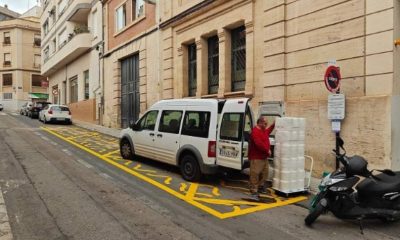Costa Blanca
Alicante plans four new Tram lines
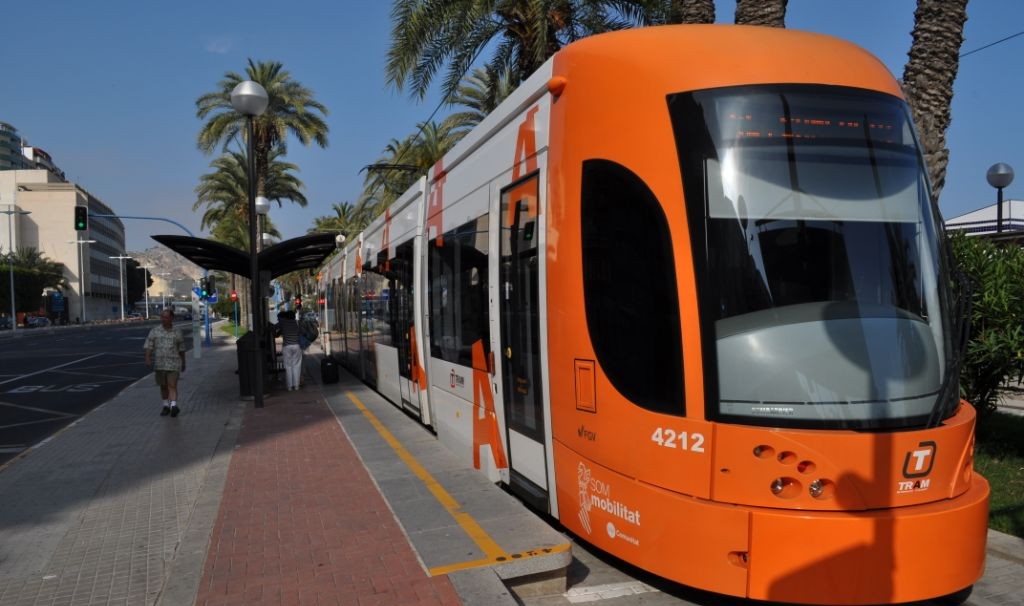
The tram’s introduction in Alicante 22 years ago revolutionised transport not only in the city but also throughout the entire region. The initial line established a connection between El Campello and Puerta del Mar. Since that time, this contemporary and environmentally friendly public transport system has grown to encompass five lines and has established connections to critical facilities, including the University of Alicante and the General Hospital de Alicante.
Nevertheless, this approach is insufficient. The preliminary studies for the general structural plan already take into account the future developments in the tram lines, which are now necessary to contemplate Alicante’s current and future growth. In Alicante, the documents anticipate the establishment of up to four new tram lines that would connect all neighbourhoods.
This is especially true for those residing in the southern region. The centre of Alicante is not accessible in neighbourhoods such as La Florida and Ciudad de Asís. Consequently, the initial new line is intended to travel in this direction, between Mercalicante and Pla de la Vallonga, via the Ocaña highway.
The new route will depart from the new Alicante Intermodal Station and travel towards Benalúa and La Florida along Avenida Aguilera , which will serve as the axis in the future of Alicante, connecting the railway terminal to the future City of Justice. One of the projects is the construction of an underground parking lot that will serve the judicial infrastructure and residents of the adjacent neighbourhoods.
From the Músico Emilio Menéndez roundabout, it would proceed along Calle Periodista Rafael González Aguilar to Calle Pianista Gonzalo Aguilar. The route would be utilised by public spaces including the Babel market, the Fernando Madroñal health centre, the Vicente Crespo-Babel sports centre, and the Polytechnic University.
Line 2 already serves Doctor Balmis General Hospital, where the second new line will commence. Nevertheless, the Gran Vía route will be extended over the Red Bridge (pending the Central Park plan, despite residents’ advocacy for its preservation) to the Barco Roundabout on Calle Mexico rather than continuing north towards San Vicente. However, the story would not conclude there. San Gabriel would be included in the second phase.
Conversely, the Gran Vía would proceed to Avenida Denia via Garbinet from the General Hospital. This new route would transverse the city, connecting the entire Gran Vía to public transportation via the boulevards from San Juan Beach to San Gabriel.
The third new line follows Novelda Avenue to Ciudad Jardín, rather than the current route of Line 2 to the University, and proceeds north. Like Marq, this line would leave from General Hospital, which would be an interchange.
The proposed fourth line would be underground, running from Luceros to Marq and then along Avenida de Denia and Bulevar del Pla to Santa Faz. This route had already been proposed as an alternative to transport the tram to San Juan Hospital and was currently under investigation.
Nevertheless, the General Structural Plan documents indicate that the project, which has already been approved by the Ministry of Infrastructure, is being maintained with a fork that extends from the Golf Course stop through Conrado Albadalejo, Nou Nazareth, and Benimagrell to the health centre.
Nevertheless, they could always be complementary, allowing for the provision of additional amenities and two routes to a location as significant as San Juan Hospital, which would accommodate a higher number of individuals.
Other critical components of the tramway’s study in the structured general plan include the establishment of park-and-ride parking spaces that facilitate car-tram connections and discourage private vehicle access to the city centre, as well as the preservation of stops that are 400 to 800 metres apart. Up to six additional parking spaces will be constructed in accordance with the municipal proposal.
Discover more from Costa Blanca Daily
Subscribe to get the latest posts sent to your email.
Costa Blanca
Power outages uncovered a ‘jungle’ of 800 marijuana plants in Orihuela

The National Police in Orihuela, Alicante, have dismantled an indoor marijuana plantation with 784 plants that was installed inside a warehouse on the town’s outskirts, and have arrested four men as alleged perpetrators of drug trafficking, document forgery, membership in a criminal group, and electricity fraud, as the illegal plantation was supplied with electricity via an illegal connection.
The inquiry began after diverse information was obtained concerning the likely existence of a facility on a property on the outskirts of the municipality of Orihuela that may be used for illegal activities, similar to indoor marijuana cultivation.
As a result of discreet surveillance of the surrounding area and other investigations, officers from the Orihuela Police Station’s Judicial Police Brigade noticed four individuals entering and exiting the warehouse. Investigators identified this conduct as common practice among the proprietors of this type of plantation.
Among these common acts, the agents saw how those involved performed counter-surveillance functions, looking in all directions to notify that no one was watching them as they entered and exited the warehouse.
Following confirmation of their suspicions, the exploitation phase of the operation began with the interception of a car driven by one of the suspects. The trunk included two green plastic bags with marijuana residue, as well as other plant-growing supplies like fertiliser.
The property under investigation was then entered and searched, resulting in the arrest of a second culprit, while the other two were held at their respective homes.
Following the arrests of people under investigation, a search of the warehouse was conducted, which was partitioned into two rooms and used for different purposes depending on the flowering stage of up to 784 cannabis sativa (marijuana) plants discovered within. Their development and culture were aided by a complete and modern lighting and ventilation system, and their electricity supply was later discovered to be obtained through an illegal connection to the power grid.
On the other hand, those arrested did not scrimp on passive technical methods of monitoring the farm, since there were cameras along the perimeter, forming a closed-circuit video surveillance system with motion sensors. This circuit covered all access angles to the plot, indicating a certain level of sophistication, resulting in increased security in the guarding and custody of the merchandise, as is typical of facilities designed by experienced individuals, with the goal of providing remote security coverage to the plantation located within.
Frequent power outages in the neighbourhood
As a result, the electricity consumption generated by this set of facilities was so high that local residents’ demonstrations revealed that they had experienced power outages on several occasions for no apparent reason, possibly due to consumption peaks caused by the illegal connection typical of this type of plantation.
Finally, another piece of evidence demonstrating the criminal group’s ability was the use of a falsified paperwork to rent the ship, which is usual among this type of organised gang; they impersonated third parties to mask their genuine identities.
The operation led to the arrest of four people suspected of drug trafficking, document forgery, electricity fraud, and membership in a criminal organisation. The plantation was demolished, and all 784 plants were seized.
Discover more from Costa Blanca Daily
Subscribe to get the latest posts sent to your email.
Costa Blanca
Torreta Florida, Torrevieja floodplain park has been inaugurated
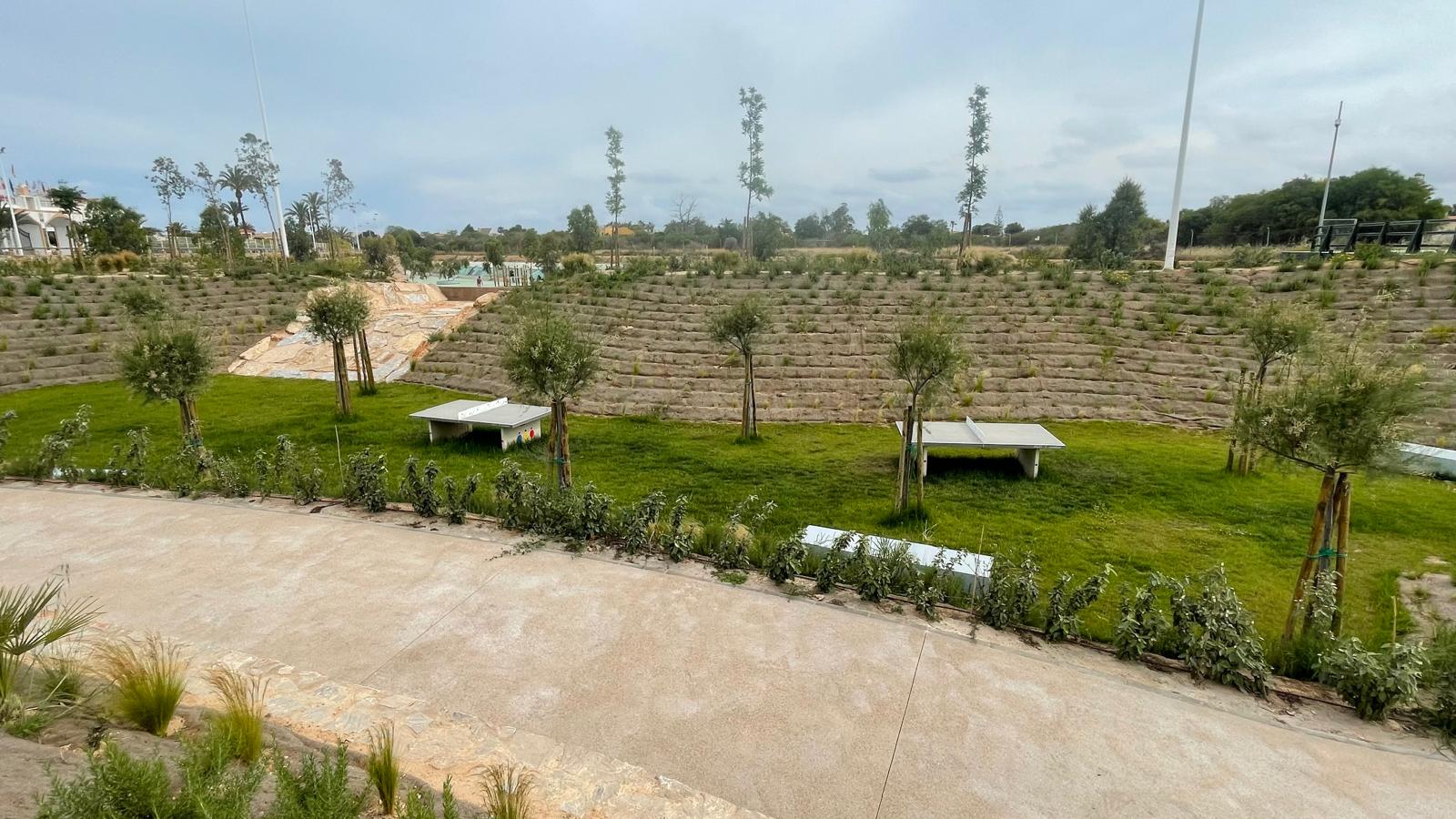
Eduardo Dolón, Mayor of Torrevieja, was joined by Sandra Sánchez, Councillor for Urban Services; Concha Sala, Councillor for Parks and Gardens; Diana Box, Councillor for Sports; Jorge Ballesta, Manager and Deputy Manager of AGAMED; and Gemma Cruz to inaugurate the new skate park in the Torrealmendros rolling pond. This facility is part of a larger initiative to develop, improve, and integrate Torreta Florida Floodplain Park into the landscape.
Claudio Pastor, the president of the Puro Skateboard Torrevieja Skating Club, and secretary Silvia Jiménez led a large contingent of members to the opening ceremony. It is worth noting that Valeria Chacón, a young Torrevieja member of this club, is the Valencian Community champion in her category and is currently competing in an Olympic sport. The club’s skating squad complimented and thanked Torrevieja City Council for developing this enormous sports facility, which was created with their input to be as effective as possible for their training sessions.
The mayor congratulated AGAMED on the opening of the sports area located on the storm pond, which required an expenditure of about 700,000 euros, and praised the Puro Skateboard Club for its support and collaboration throughout the development of the park. The park has become a popular location for practicing this sport.
This new sports facility includes a modern skate park with specialised modules such as Quarter+Flat, Hand Rail, Manual Pad+Flat, Flat Rail, and Funbox+Hubba+Spine, allowing skaters to practise numerous modalities and techniques of this urban sport.
The project comprises not only the sports facility but also a callisthenics area, new street furniture, and a thorough landscape integration plan based on planting, all of which contribute to the space’s renaturalisation and the establishment of a new green space for all citizens to enjoy.
This project is a key step towards upgrading Torrevieja’s sports and leisure facilities by providing a modern and multifunctional place for skateboarding and other outdoor activities.
Discover more from Costa Blanca Daily
Subscribe to get the latest posts sent to your email.
Costa Blanca
Alicante company is being investigated for selling bananas as Canary Island bananas

The Guardia Civil has investigated a company in the province of Alicante for many crimes, including illegally selling bananas from Madeira (Portugal) as if they were Canary Island bananas at more than double the price. In addition to the alleged fraud, the company’s authorisation to market bananas of this kind has been cancelled. The Guardia Civil estimate that in 2023 alone, they sold about two tonnes of bananas.
Investigators probed the corporation last April for two crimes against industrial property, one of document fabrication, and a fourth felony involving the market and consumers. The proceedings were transferred to an Investigative Court in San Vicente del Raspeig, and administrative proceedings have been initiated for infringement of Regulation (EU) 2024/1143 of the European Parliament and Council, which might result in fines ranging from €4,001 to €3,000,000.
The Guardia Civil’s Seprona (National Police) launched the operation in response to a complaint from an association of Canary Island banana producers, whose trademark has been registered by European authorities and is protected under the Protected Geographical Indication (PGI) due to its distinctive characteristics. Only certified operators are allowed to market it.
According to the allegation, a corporation with premises in the Alicante region was distributing Canary Island bananas despite having a suspended trading authorisation. It further warned that it could promote bananas from Portugal and other nations as PGI Canary Island Bananas.
Agents from Alicante Seprona (National Agency for the Protection of Animals) began their investigations and conducted multiple inspections of the company’s storage and ripening chambers. They also conducted additional inspections and verifications at other locations in Alicante, Valencia, Vigo, and Bilbao, where the goods were purportedly marketed by the Alicante firm.
The agents were able to confirm many batches of Madeira bananas sold as Canary Island bananas. They also verified that the company’s marketing licence for selling under this brand had been cancelled.
The Spanish National Police (Seprona) has confirmed that the corporation manipulated paperwork and invoices while concealing the product’s marketing from the certifying company and the government. According to the Guardia Civil, the government had earlier rescinded its marketing authorisation for this product after discovering irregularities in its operations.
The Guardia Civil claims that it has certified the sale of approximately 2,000 tonnes of bananas by the company under investigation in 2023 alone but cannot prove the regularity of the sale of the majority of these goods.
The operation was carried out by the Seprona (National Police) of the Alicante Civil Guard Command, in close conjunction with the Valencian Government’s Agri-Food Quality Control Service, and data was shared with authorities in other countries via Europol.
In the fight against food fraud, Seprona conducts regular inspections of the various types of establishments involved in the various stages of food production and sales to ensure they comply with the necessary and mandatory requirements and guarantees, preventing consumers from being defrauded or exposed to any type of health risk. The programme identifies abnormalities in the counterfeiting, adulteration, labelling, illicit trading or distribution of food goods, as well as financial fraud involved with their sale.
Discover more from Costa Blanca Daily
Subscribe to get the latest posts sent to your email.
-
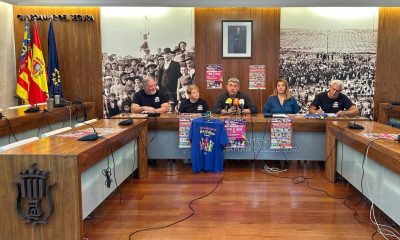
 Costa Blanca5 days ago
Costa Blanca5 days agoThe El Raso, Guardamar celebrates with a Tapas Route and concerts between May 15th and 17th
-
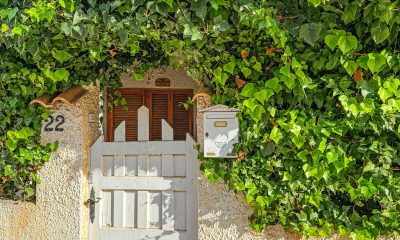
 Costa Blanca2 weeks ago
Costa Blanca2 weeks agoResidents of El Mojón in Pilar de la Horadada will receive mail at their homes
-

 Costa Blanca2 weeks ago
Costa Blanca2 weeks ago27 members of the Mara Salvatrucha gang arrested in Madrid, Barcelona, Tarragona, and Guardamar
-
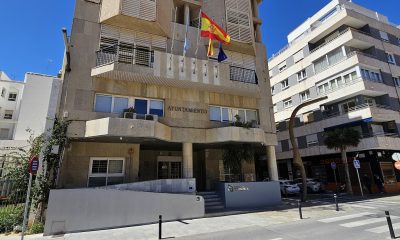
 Costa Blanca2 weeks ago
Costa Blanca2 weeks agoGreen light for drafting of park-and-ride parking project in Torrevieja
-

 News1 week ago
News1 week agoFour people arrested in Alicante province for storing and exchanging child pornography
-
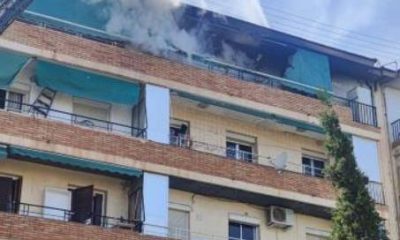
 Costa Blanca2 weeks ago
Costa Blanca2 weeks agoSquatter arrested after setting fire to a house in Alicante
-

 Costa Blanca5 days ago
Costa Blanca5 days agoAP7 Motorway tunnel at Pilar de la Horadada CLOSED due to fire
-

 Costa Blanca2 weeks ago
Costa Blanca2 weeks agoElche prohibits the sale and consumption of sunflower seeds to protect the Martínez Valero stadium









